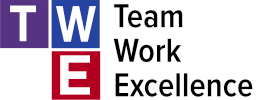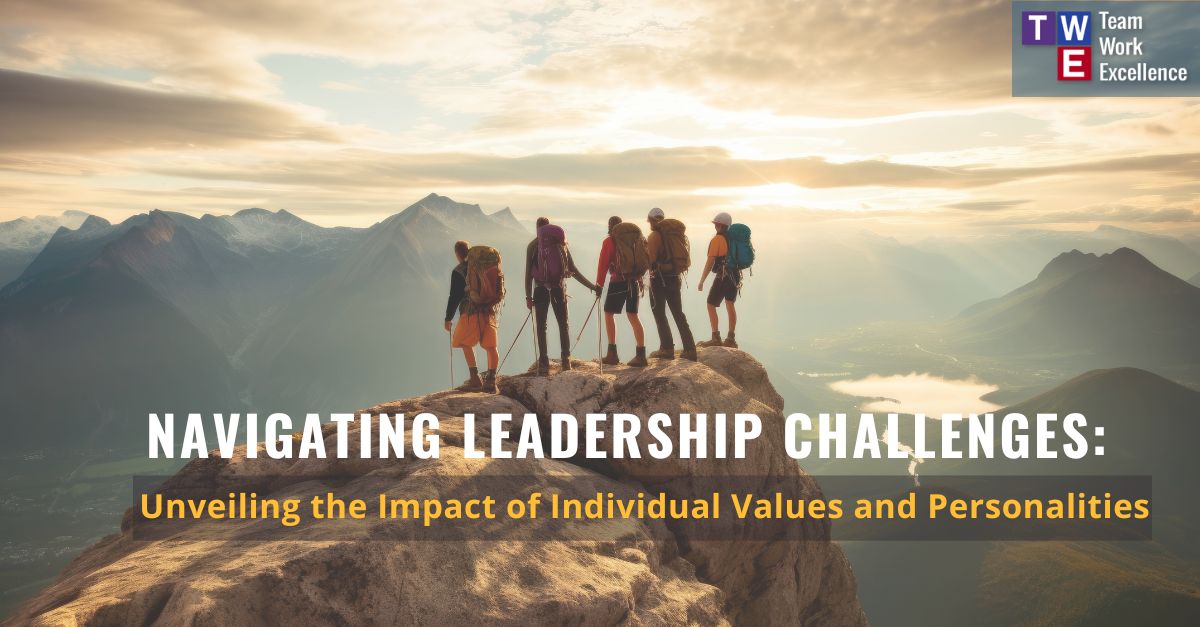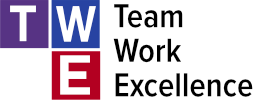Navigating Leadership Challenges: Unveiling the Impact of Individual Values and Personalities10/19/2023
Leadership challenges are a ubiquitous part of organizational dynamics, often stemming from the influence of individual values and personalities. These challenges can lead to conflicts, contentious decisions, and hindered progress. In this article, we will delve into the areas most susceptible to the influence of leaders' identities and beliefs and explore the extremes that may arise. Additionally, we will discuss how cultivating personal and group fluency can serve as a powerful antidote to address and overcome these challenges. The Fractured Social Contract: Historically, the professional realm operated on an implicit agreement: a linear path of long-term employment, loyalty to one's employer, and a clear separation between personal and professional lives. This social contract is facing challenges as younger generations, in particular, no longer adhere to these tenets. They seek fluidity, flexibility, and a sense of purpose from their professional pursuits. Demand for Work-Life Blend: Rather than balancing work and life as two separate entities, many now seek a blend, an integration that provides meaning and satisfaction on both fronts. This paradigm shift is rooted in an increased emphasis on individual well-being and the understanding that personal happiness can drive professional success. The Offshoring Consequence: The rise of remote work has underscored a pressing concern - the more employees detach from physical office spaces, the easier it becomes for companies to consider offshoring operations. While remote work offers employees flexibility, it also challenges businesses to weigh the benefits of local expertise against potential cost savings from offshoring. Many workers have yet to realize that by adopting a work from home existence, they have effectively made off-shoring a much more viable and ethical option for businesses. Redefining Human Rights in the Workplace: The conversation around work-life balance is not just about personal preference; it is about basic human rights. Every individual deserves the right to lead a fulfilling personal life without compromising their professional ambitions. This requires employers to adopt a more holistic view, understanding that employee well-being directly impacts organizational success. When values of diversity, equality or inclusion are threatened or violated we must respond with action. Culture - Defined by Tolerated Behaviors: The culture of a business is, invariably, defined by the worst behavior it's willing to tolerate (paraphrasing Gruenert and Whitaker). As employees demand better work environments and transparent values, companies must set clear behavioral expectations. This means actively addressing and rectifying behaviors that do not align with the company's stated values. The culture of any organization is, invariably, defined by the worst behavior it's willing to tolerate. The Empowerment Imperative: Companies, now more than ever, need to stand firm on their values. This involves not just passive adherence but aggressive defense and promotion of these values. When values are clear, actionable, and consistently upheld, they create an empowered workplace where individuals thrive. Action points to address conflicts and contentious decisions:
The evolving social contract around employment, intertwined with the complexities of navigating leadership challenges influenced by individual values and personalities, marks a critical inflection point in today's professional landscape. As the demand for a work-life blend establishes itself as the new norm, organizations must not only reassess their cultural foundations and re-evaluate offshoring decisions but also foster personal and group fluency. This involves understanding and aligning personal values with the organization's vision, championing open dialogue, embracing diversity and inclusion, and creating a culture rooted in trust. The evolving social contract around employment, intertwined with the complexities of navigating leadership challenges influenced by individual values and personalities, marks a critical inflection point in today's professional landscape. Lead into it. By actively owning and addressing these intertwined challenges and opportunities, leaders create an environment where their workforce is more engaged, satisfied, and productive. Such a holistic approach ensures that organizations can harness the collective strengths of their teams, drive innovation, and secure mutual growth and sustainable success in an ever-evolving business world.
Ready to unlock your leadership impact and build unshakable teams? Let's work together! Free 30 Minute DiscoveryComments are closed.
|
Videos, Articles, Tools and More for Leaders in BusinessSET UP FOR SUCCESS?
|
|
© TeamWorkExcellence 2023. All rights reserved.
|



 RSS Feed
RSS Feed
